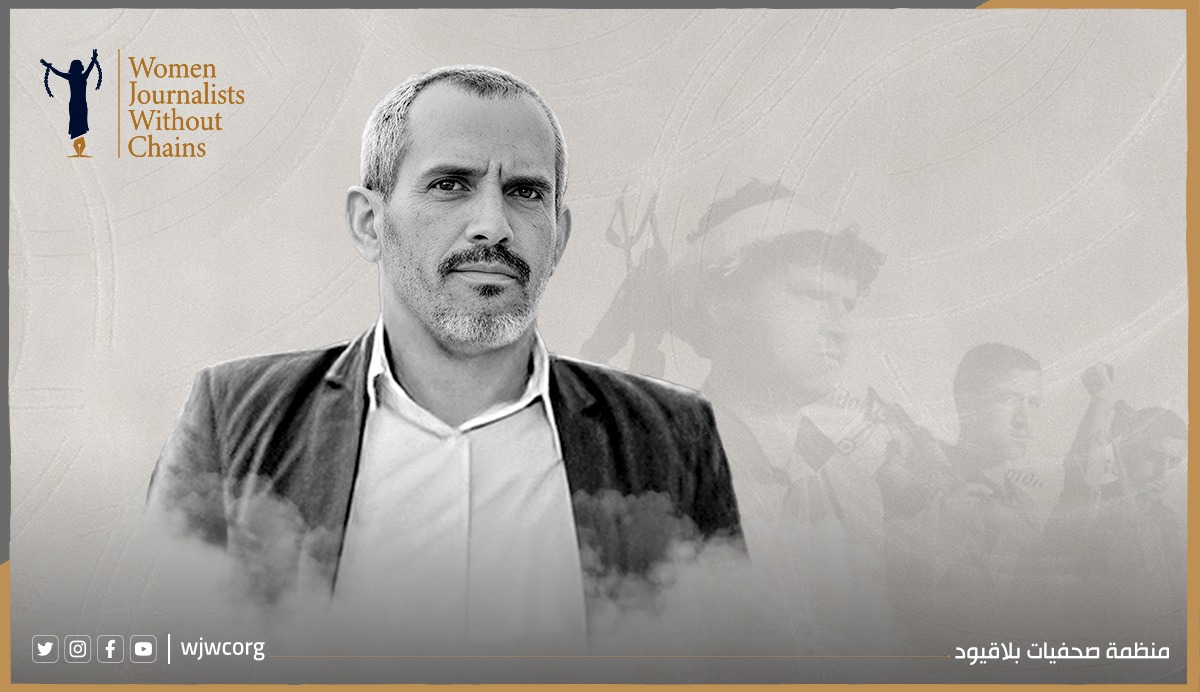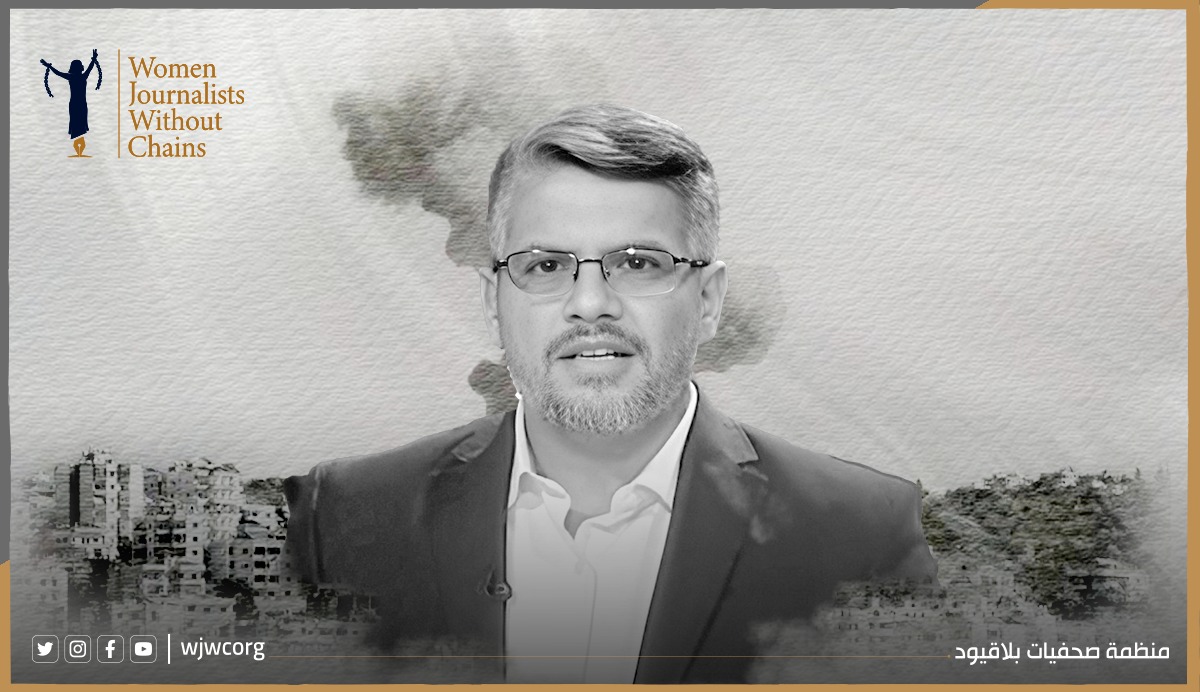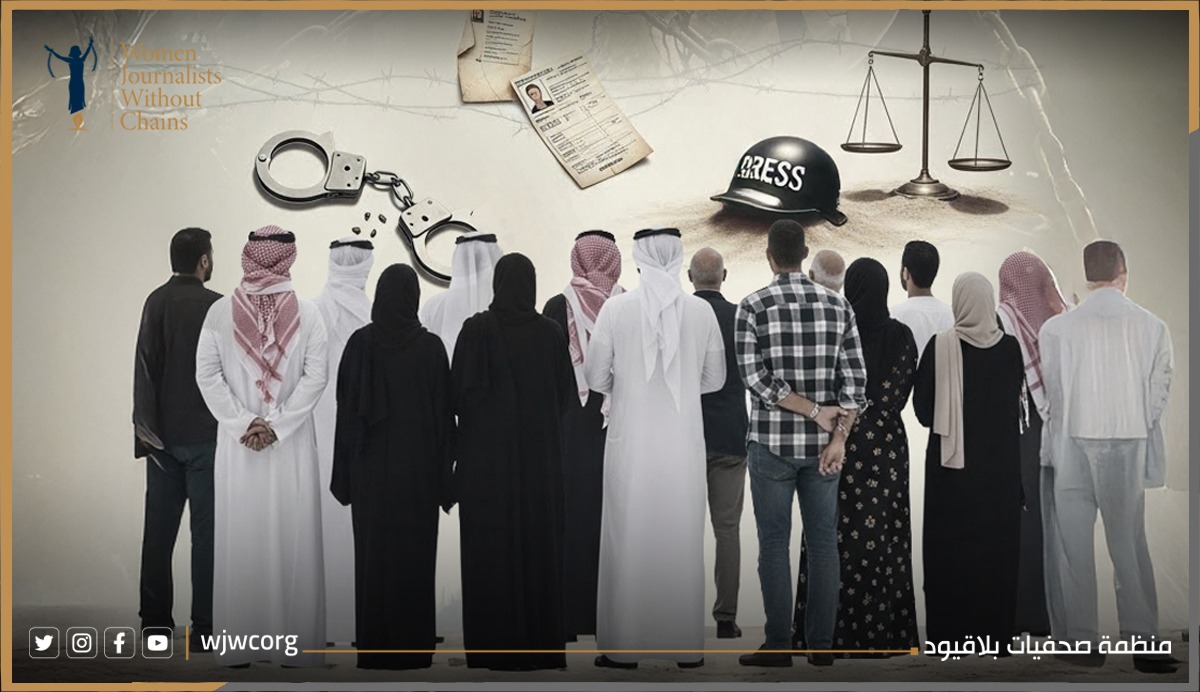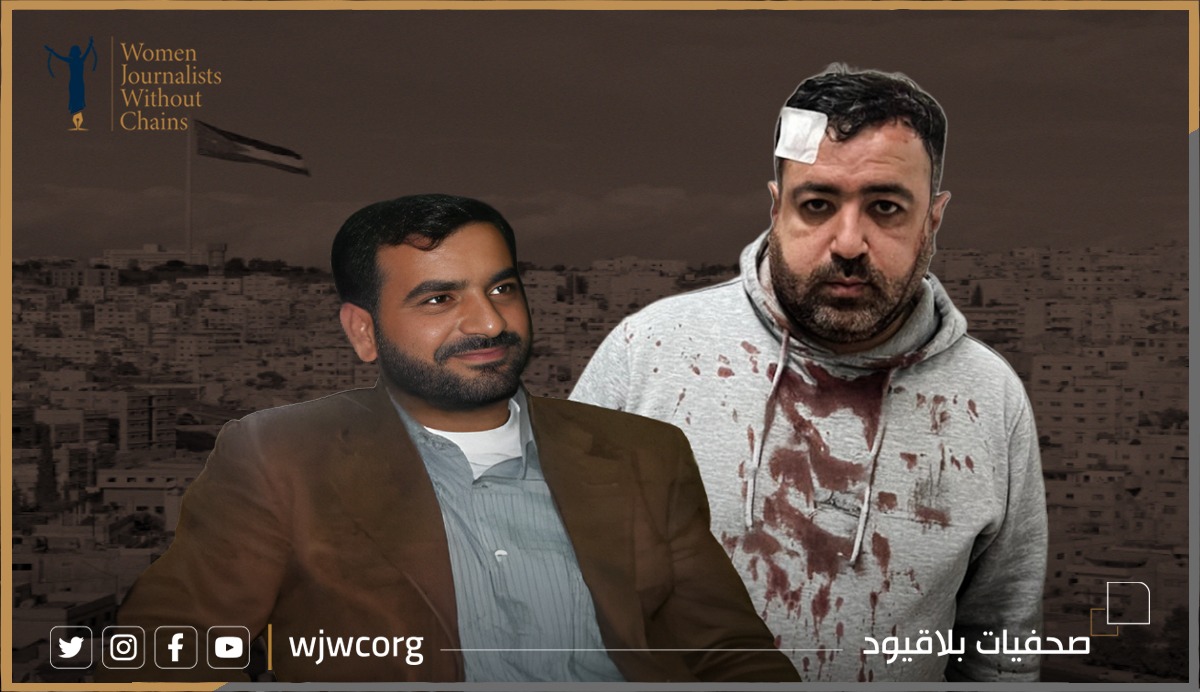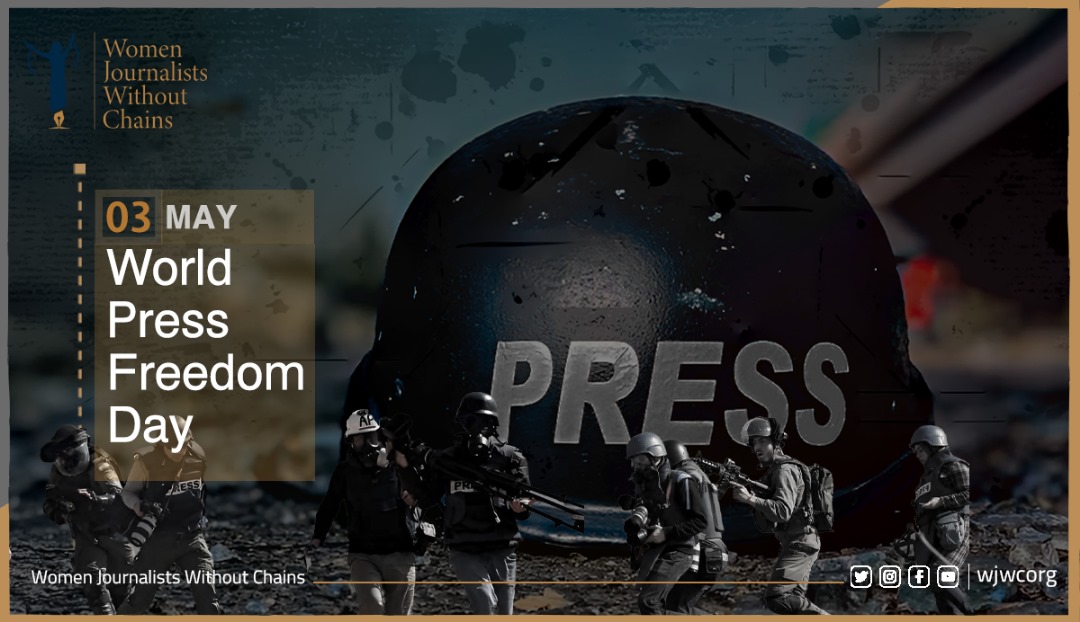
As the world marks Press Freedom Day, Women Journalists Without Chains (WJWC) stands firm in its belief that press freedom is not a luxury of stable societies—it is a fundamental human right and a crucial instrument for safeguarding justice and exposing violations.
Without a free press, truth is buried, power escapes accountability, and the voices of the people fade into silence. Today, we pay tribute to the journalists who persist in their mission despite relentless threats, repression, and censorship. They are not merely conveyors of news—they are truth-bearers who risk their safety, liberty, and lives to illuminate injustice, hold the powerful accountable, and keep public discourse alive. Their bravery in the face of bullets, smear campaigns, and silencing tactics is a testament to the fact that journalism is not simply a profession—it is a profound commitment to human rights and democratic values.
Amid a significant decline in freedoms across the Arab region and an intensifying crackdown on journalism, WJWC emphasizes the urgent need for legal and ethical frameworks that safeguard freedom of expression, uphold the public’s right to information, and protect the dignity of journalists.
International reports indicate a concerning global regression in press freedom, with the Arab region among the most adversely affected. Many countries in the region rank poorly in the Reporters Without Borders Press Freedom Index, where media institutions frequently operate under the influence of state, security, or commercial interests. The systematic repression of journalists—ranging from intimidation and censorship to imprisonment and even targeted killings—continues to escalate, posing a severe threat to independent reporting and democratic discourse.
Among the gravest assaults on press freedom today is the ongoing Israeli campaign against Palestinian journalists. Since the outbreak of the war on Gaza in October 2023, nearly one-third of all journalists killed globally have died in Gaza—most in Gaza City—according to Reporters Without Borders. These were not random casualties of conflict. They were targeted and killed in direct strikes by Israeli forces on homes, offices, and press-marked locations. These attacks represent a deliberate effort to silence journalism and destroy critical testimony of possible war crimes. Despite extensive evidence and global condemnation, no Israeli official has been held accountable.
Across the Arab region, repressive tactics—including arbitrary detention, torture, publication bans, and internet blackouts—are systematically employed to silence dissent and suppress press freedom. Dozens of journalists remain behind bars simply for carrying out their professional duties or voicing independent opinions. Prosecutors routinely rely on vague and politically charged accusations such as “spreading false news” or “undermining national security.” Alarmingly, Reporters Without Borders documented that in 2024, the Houthi group in Yemen was the only actor worldwide to take two journalists hostage—a stark reminder of the region’s deteriorating environment for press freedom, and of Yemen’s uniquely perilous conditions for reporters.
According to the 2024 Reporters Without Borders Index, the Arab region continues to rank among the worst in the world for press freedom. Governments across the region impose sweeping censorship, legal repression, and targeted persecution of journalists and media outlets. Five countries—Saudi Arabia (166), Egypt (170), Iran (176), and Syria—are among the top ten jailers of journalists globally. In Algeria (139) and Jordan, restrictive media laws threaten the survival of independent journalism. Meanwhile, in Iraq (169) and Tunisia (118), journalists face escalating risks tied to political polarization. In Yemen (154), the fate of detained journalists depends less on the law and more on the political will of shifting power brokers and armed groups.
At the forefront of violations is Israel, which has killed nearly 200 journalists in the past 15 months—43 during field assignments—demonstrating a blatant attack on media work, particularly in the occupied Palestinian territories. This grim regional reality underscores a systematic assault on the right to information, the criminalization of journalism, and the transformation of media into propaganda tools, all while opportunities for discussing corruption, justice, and human rights continue to diminish.
WJWC highlights that existing legislation in many Arab countries fails to provide genuine protection for journalists, often criminalizing their work instead. In Egypt, Law No. 180 of 2018 on media regulation acts as a tool for censorship. Journalists face significant barriers to accessing official information, despite legal guarantees (WIPO). In Jordan, the 2007 Right to Information Law was a regional pioneer, but its broad exceptions and ambiguous language severely undermine its effectiveness (PJS). In Tunisia, while the 2016 Access to Information Law is a positive advancement, it is hindered by administrative obstacles and institutional resistance to transparency. These examples demonstrate that most laws in the Arab world are either inadequate or intentionally obstructive, turning access to public information into a liability for journalists rather than a protected right.
Women Journalists Without Chains highlights that legal frameworks in many Arab countries fail to protect journalists, often turning them into legal targets rather than safeguarding their rights. In Egypt, the Press and Media Regulation Law No. 180 of 2018 serves as a tool for censorship, while journalists struggle to access official information despite legal guarantees (WIPO). Jordan’s Right to Access Information Law No. 48 of 2007, though pioneering, contains broad exceptions that undermine its effectiveness (PJS). Tunisia’s Access to Information Law No. 22 of 2016, a positive step, faces institutional resistance and administrative hurdles. These cases illustrate how restrictive or ineffective laws continue to limit press freedom and expose journalists to prosecution instead of protection.
In this context, Women Journalists Without Chains asserts that press freedom is not merely a professional or union demand; it is fundamentally a human rights and societal issue, closely linked to the right to information, freedom of expression, and the vitality of democratic life. We call for:
• The immediate release of all journalists detained for their professional work or opinions.
• Independent international investigations into the killings of journalists, especially Israeli crimes against Palestinian media professionals.
• The repeal or amendment of all laws restricting press freedom, including those on publication, cybercrime, and political defamation.
• Guaranteed access to public information and greater transparency within state institutions.
• Effective protection mechanisms for journalists, especially in conflict zones, and ensuring the independence of media institutions.
• Integration of gender equality principles in media organizations and the creation of safe working environments for women journalists.
Defending press freedom is a duty shared by all—governments, media institutions, civil society, and every individual who believes in truth. Free speech is not a threat—it is our last line of defense against disinformation, authoritarianism, and collective amnesia.
Released by:
Women Journalists Without Chains
May 3, 2025
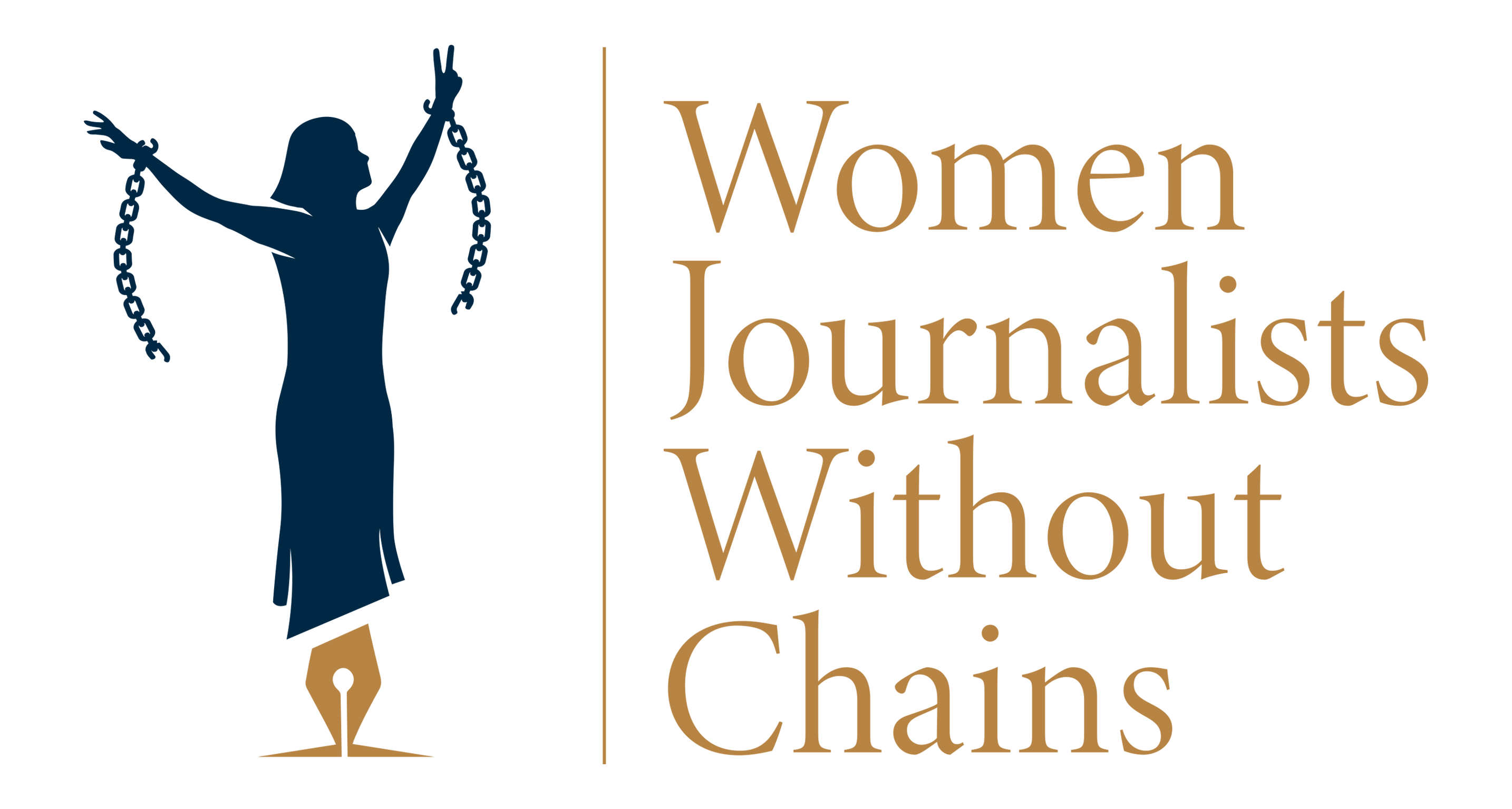
 En
En  Ar
Ar 